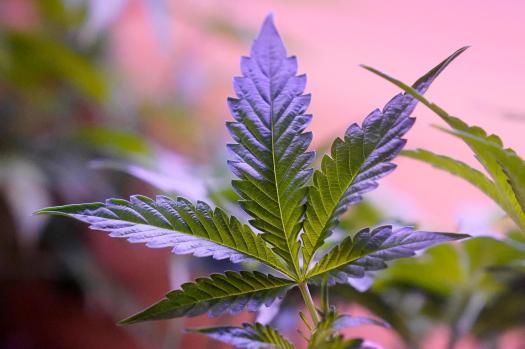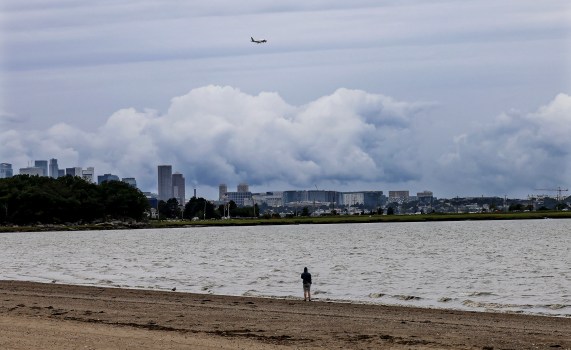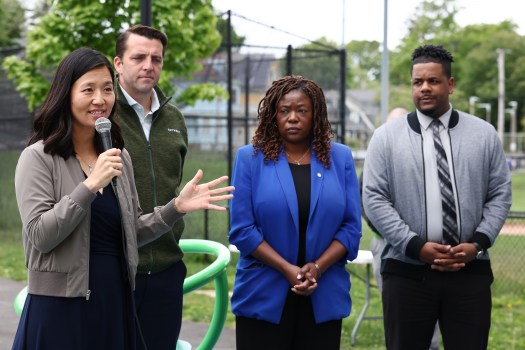The Cannabis Control Commission unanimously approved the regulations governing the social consumption of marijuana in Massachusetts on Tuesday, following two days of intense drafting.
In other words, a proposal that will someday see Amsterdam-style cannabis cafes in the Bay State has finally been approved by the state’s pot regulators.
“Eventually” is the important term.
This is a draft version, as I have stated from the start. This is a draft of what we intend to make available for public and stakeholder comment and feedback. Bruce Stebbins, the acting chair of the commission, announced on Tuesday that there will be a lengthy comment period.
Prior to that public comment time, the regulations must now be forwarded to the Secretary of the Commonwealth. Stebbins told the Herald that Secretary Bill Galvin should get the proposed rules by Friday.
Stebbins added that he has heard his colleagues commissioners agree that it will be beneficial and essential to hold a public hearing on the regulations. “I hope the public takes the opportunity to share their thoughts,” he added, adding that it should happen sometime in September.
According to Stebbins, public input from both citizens and industry stakeholders is a highly useful tool for the commission and will influence the final form of the industry.
“We want a lot of feedback and comments, and the promulgation process makes that possible,” he said.
Following the hearing and public comment period, any modifications must be accepted by the commission and implemented by staff. According to Stebbins, the commissioners have a history of modifying industry regulations in response to input and take the views extremely seriously.
According to the Marijuana Policy Project, Massachusetts will join almost a dozen other states that have legalized marijuana in permitting social use once the draft regulations are approved and made public. Stebbins stated that the rules might be finalized and enforced in October, based on the commission’s existing schedule.
The Cannabis Control Commission staff and commissioners spent months reviewing every word of their December-proposed rules to make sure they complied with other state laws and the wishes of the voters. This culminated in the vote to send the draft to Galvin’s office for publication.
Regulators had to take into account a wide range of factors, including ventilation needs, the amount of food or smoke that an individual could consume in one sitting, and even whether an area was considered indoors or outside. Furthermore, the regulations provide distinct licensing categories for diverse social consumption enterprises.
One of the provisions in the 2016 election law that legalized marijuana use for adults was to permit the use of the federally banned drug in regulated public spaces.
However, commissioners put the creation of social consumption regulations on hold while they drafted regulations for retail sales at the beginning of the state’s legal marijuana sector.
The marijuana market has exploded since the first retail locations debuted. Week is now the most cash crop in the state, with total sales surpassing $8 billion. Earlier this month, cannabis authorities stated that they anticipate further expansion as social consumption sites continue to rise.
Although Stebbins agreed that the draft guidelines’ adoption marks a significant milestone, he emphasized that it is only the first stage in the process of operating marijuana cafés.












